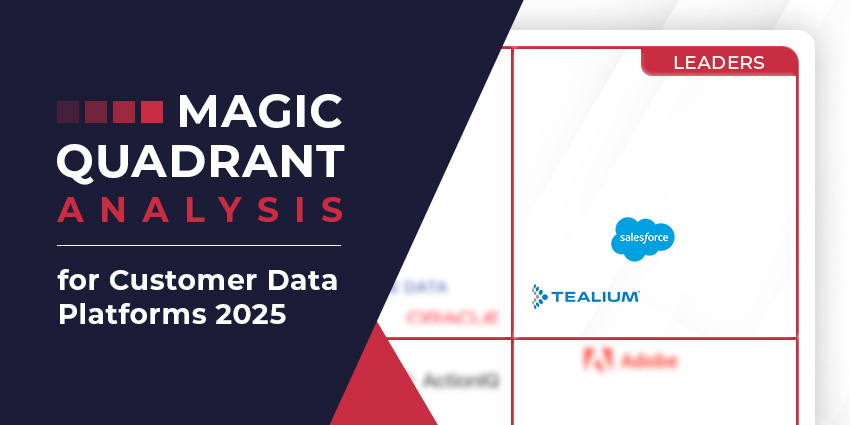Cisco has agreed to acquire Robust Intelligence, a security startup that provides a firewall to protect AI-based applications.
The move aims to satisfy Cisco’s enterprise customers that are eager to introduce new applications powered by generative AI (GenAI) but have stalled their deployments due to new security concerns.
Such concerns arise as AI applications are fundamentally different from conventional apps, and many organizations now understand that they cannot only rely on existing tools to prevent security breaches and privacy violations.
Enter Robust Intelligence. Its AI firewall evaluates all inputs and outputs into AI models to protect apps against real-time security threats.
Cisco has pumped funds into the company for two years via its investment arm and is now ready to snap it up for an undisclosed fee so customers can more securely build and deploy AI apps.
Tom Gillis, SVP & GM of Security at Cisco, revealed the news in a post on the company’s blog.
“Robust Intelligence’s purpose-built platform offers robust protection for AI models throughout their lifecycle, from development to production,” he said.
The combination of Cisco and Robust Intelligence means that we can deliver advanced AI security processing seamlessly into the existing data flows by inserting it into Cisco security and networking products.
Cisco may also insert the product across its Webex offering, which now sits alongside its security and networking portfolios in one central unit.
During a recent earnings call, the vendor announced the new business unit, highlighting the need to cross-integrate the portfolios to deliver on its platform strategy.
With the contact center a prime arena for GenAI innovation – and CPaaS a key vehicle to inject GenAI across customer and employee experiences – Robust Intelligence could also play a significant role within the Webex suite.
For example, consider a customer-facing Webex bot. Malicious users may attempt a prompt injection attack to coerce the AI application to behave badly. Robust Intelligence can further protect the bot against such threats.
Moreover, it may prevent data poisoning and jailbreaking attacks, with the latter threat involving an attacker who attempts to trick the AI app into performing actions that bypass its security guardrails.
As contact centers start to build AI agents that autonomously interact with customers, these are real risks to guard against.
Yet, as per Gillis’s blog, the immediate intent is to bolster Cisco Security Cloud. How? By improving AI security, accelerating innovation, and simplifying application environments via Robust Intelligence’s proactive AI risk mitigation and automated model assessment.
As Cisco onboards these capabilities onto its Cisco Security Cloud, it aims to help customers secure their AI applications, models, and networks from one central location.
Yaron Singer, CEO & Co-Founder of Robust Intelligence, shared his excitement for helping Cisco achieve precisely that. He said:
Our team is excited about the integral role our platform will play in shaping the future of the Cisco Security Cloud, providing end-to-end AI security and leading the AI revolution with Cisco.
Finally, the acquisition aligns with Cisco’s goal to pivot further into AI, cloud, and cybersecurity.
Richard Scott Herren, EVP & CFO of Cisco, made this objective crystal clear during the vendor’s latest earnings call when Cisco announced that its total revenue dropped ten percent year-over-year (YoY).
It’s also evident in its $28BN Splunk acquisition and $1BN AI startups investment fund announcements, both made earlier this year.
With any luck, in two years time, some of those startups may produce technologies and brands worthy of rolling up, just like Robust Intelligence.







